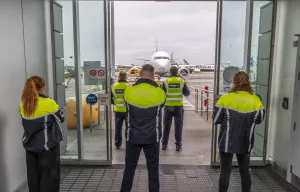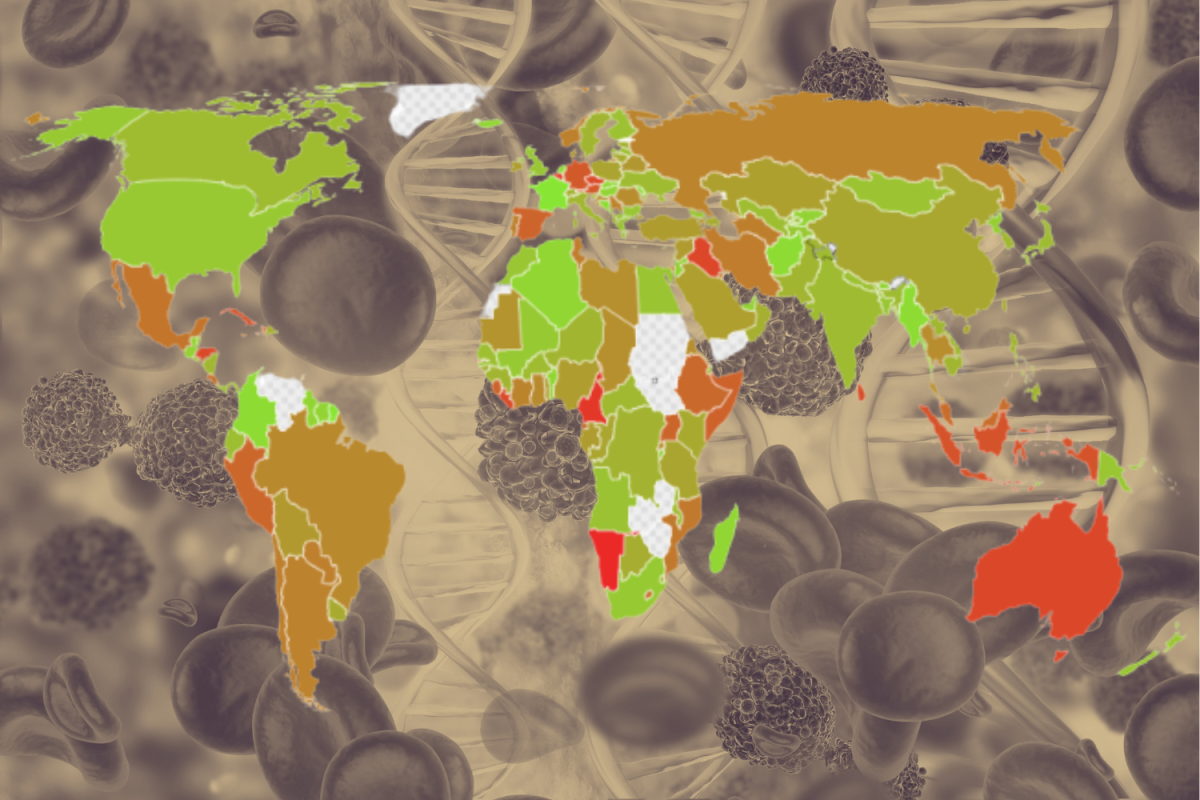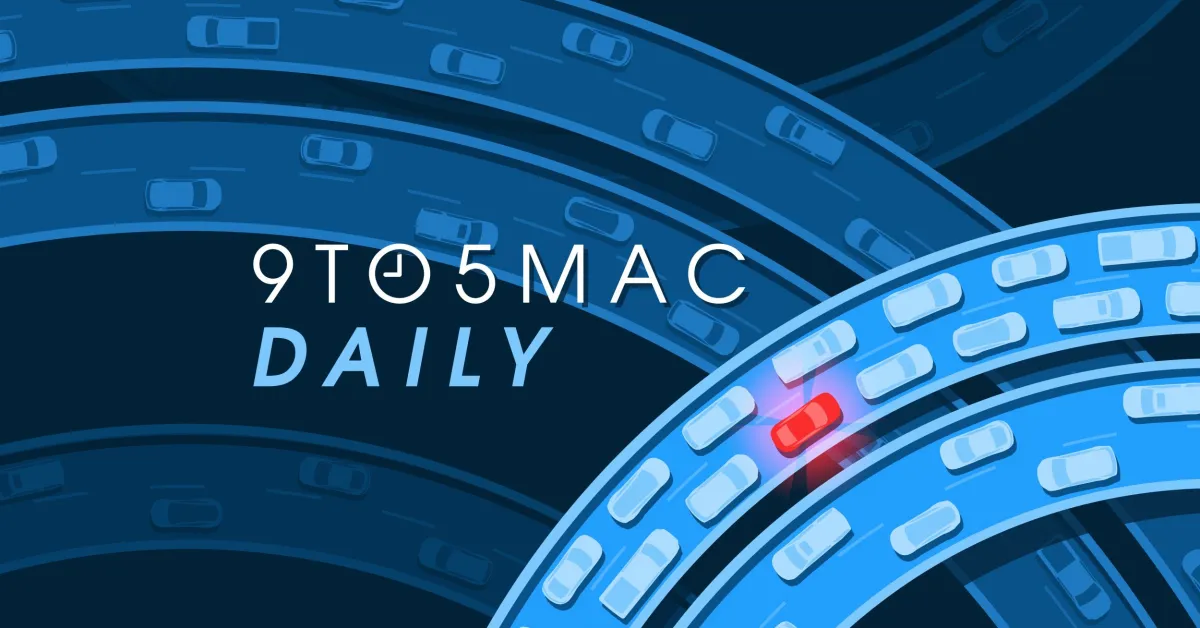€20 welfare hike, €1.4k Fuel Allowance latest & €22 pension increase in new ‘prices aren’t coming down’ Budget demand
By Isabela Boechat
Copyright thesun

CORE social welfare rates must be hiked by €20 each week and the State pension must be increased by a minimum of €22 in Budget 2026, a key group has claimed.
“Prudence” and capping current expenditure growth are the guiding principles to Budget 2026 – but Alone said older people living alone will be particularly at risk without the one-off payments handed out last year.
The organisation’s pre-budget submission is calling for a minimum €22 increase to the State pension, a €20 weekly social welfare hike, a €10 increase in the Living Alone Allowance and €20 more each week for Fuel Allowance recipients.
Frank Dillon, Alone’s Head of Communications and Fundraising, said older people are “in a precarious position”.
He explained that 45.6 per cent of older people living alone would have been at risk of poverty if it hadn’t been for the one-off cost-of-living measures introduced in Budget 2025.
He told The Irish Sun: “The older people we work with are more likely to be in poorer health. They’re older, they visit the GP twice as often as the national average and they’re seven times more likely to need to go to A&E.
“Many older people are in a precarious position and prices aren’t coming down. The core pension isn’t keeping up with inflation or the cost-of-living.
“More older people are exposed to rents because the house, home ownership is dropping too, so rent is becoming a factor. And that’s before you add in, you know, their health costs as you get older.”
When asked if he believes the Government will hike social welfare and pension rates, Dillon stated: “We campaign every year and we do hope so.
“And that’s the reason we ask for a benchmark pension. Unfortunately, the pension becomes almost a political football every year.
“Is it going to be €5? Is it going to be €10? Is it going to be €15? And there’s no science behind it.
“There’s no facts or figures behind it. Whereas Ireland is one of the only countries in Europe that doesn’t have a benchmark pension.
“So if there was a benchmark, it would be a benchmark to the cost of living index, inflation, and it would just automatically increase to keep up.”
The organisation is also calling on the Government to implement benchmarking of the pension as poverty levels can “inevitably” rise without these measures as Ireland’s population ages.
‘ONE EXPENSE AWAY FROM BROKE’
It has been made clear by Government that Budget 2026 will not repeat Budget 2025’s record-breaking social welfare package.
There was €2billion in one-off measures paid out as part of the social welfare package last year.
But it has been confirmed multiple times in the lead up to Budget 2026 that there will be no such payments this time around.
Frank added: “They’re taking away the one-off supports, and that automatically means that [over] 45 per cent of older people who live alone will be at risk of poverty. At risk of poverty means you’re one expense away from being broke.
“We’re not saying bring back the one-off payments. We’re just saying that, well, if you’re taking them away, you have got these targeted measures to keep up with the supports that were given out in the one-off payments.”
€20 FUEL ALLOWANCE HIKE
Alone is calling for an increase of at least €20 to the Fuel Allowance to incorporate support previously provided by once-off payments.
The current rate of Fuel Allowance is €33 per week, meaning a €20 increase would make the payment worth €53 weekly or €1,484 annually.
The group said that heating is a health issue for older people, with utility bills being the main financial concern for those supported by Alone.
Frank explained: “If you’re taking away the one-off payments, by giving an extra €20 a week minimum, you’re allowing those people who are in need of Fuel Allowance and support to heat their homes. You’re allowing them to stay the same as last year.
“For older people, heating and lighting is a health issue – not a comfort issue. Their choices are as stark as [whether] they heat their home or do they eat.
“They need to use these targeted measures to reach the people that need the support.”
The organisation said the measures come in a context of “troubling CSO/SILC figures, which show that, without cost-of-living measures, 45.6 per cent of older people living alone would have been at risk of poverty in 2024.”
The Alone Cost Of Living Survey 2025 also shows that 62 per cent of older people said the rising cost of living affected their financial situation, with about one in five saying they had been severely affected.
€10 LIVING ALONE INCREASE
Another target measure is the establishment and funding of a Commissioner for Older People and a €10m fund to support those experiencing energy poverty.
Older people are 1.8 times more likely to experience energy poverty than the general population.
And over 90 per cent of older people coming to Alone in 2025 indicated issues related to energy credits, according to the Alone ECC Report 2024.
They’re also calling for an increase in the Living Alone Allowance by a minimum of €10, with a commitment to develop an appropriate benchmark for this payment.
Frank also stated that despite growing calls for a better quality of life for older people, there has been no real improvement for those whom Alone works with, particularly in terms of long-term solutions.
He said: “I think the housing crisis is the perfect example of how short term we are. Housing is an issue. Of course, it affects everybody. But as we age as a population, we need specific types of housing.
“We need that housing to be universally designed so we don’t need to spend so much money on adaptations. And the homes are already suitable to live in as you get older or you have a disability.”
Alone recommends that the Government allocate an additional €12.5 million to housing adaptation grants in Budget 2026.
This includes funding for grants and additional resources to improve access to and the drawdown of these grants, particularly for those facing financial or administrative barriers.



